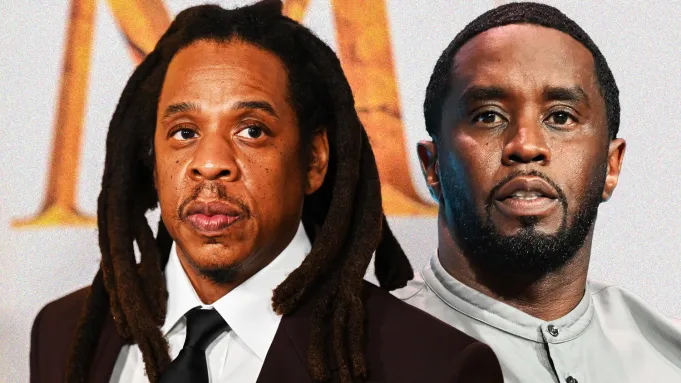
The civil case accusing Jay-Z and Diddy of rape has been officially dismissed, marking a pivotal moment in one of the most high-profile legal battles involving some of the biggest names in hip-hop. The dismissal came from the plaintiff, a woman identified as Jane Doe, who voluntarily chose to withdraw her lawsuit against Sean Combs (Diddy) and Shawn Carter (Jay-Z). This article delves into the details surrounding this complex case, its implications for those involved, and broader questions regarding justice and allegations of sexual violence.
Understanding the Case and Its Implications
The civil case that accused Jay-Z and Diddy of assaulting a 13-year-old girl emerged amidst a wave of similar allegations surfacing against public figures in various industries. Such cases often provoke significant public interest due to the celebrity status of those involved and the serious nature of the claims.
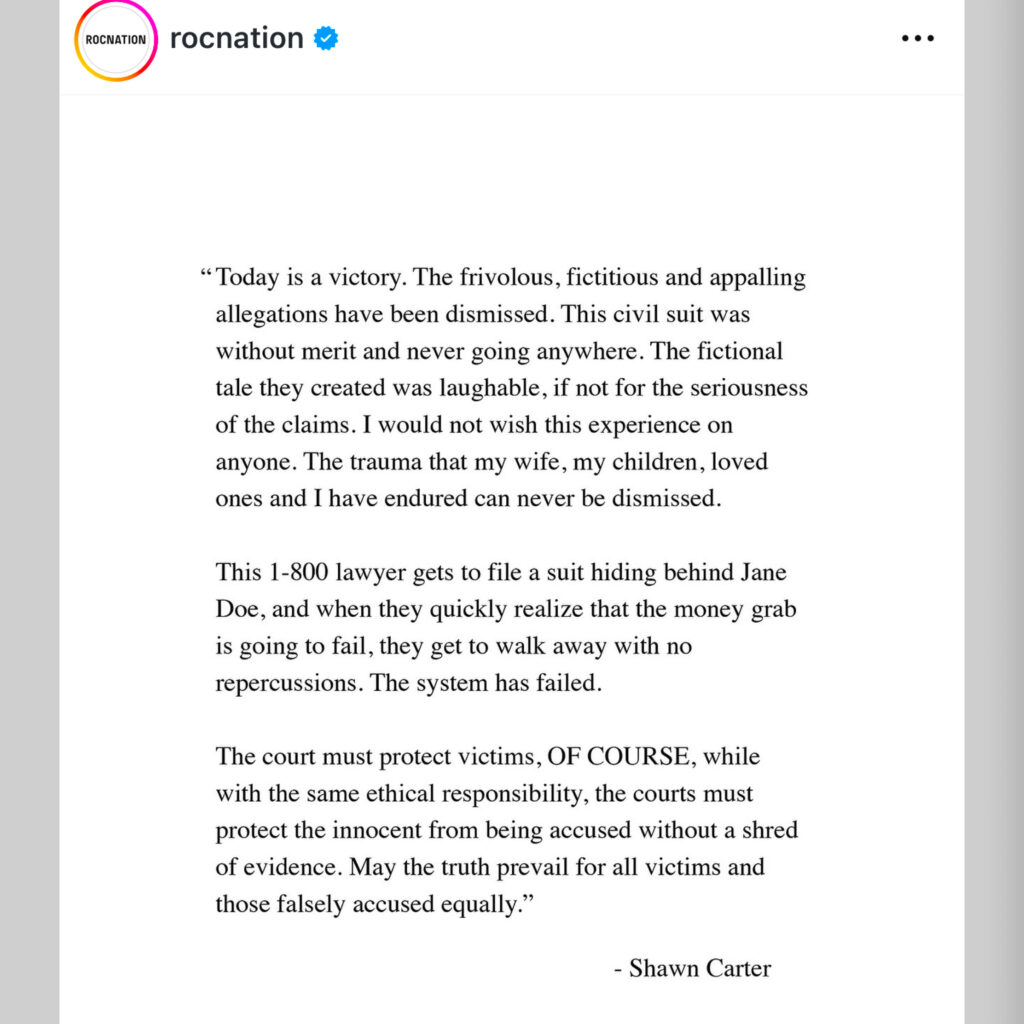

Background of the Allegations
The allegations stemmed from an incident reported to have taken place in 2000 following the Video Music Awards. The plaintiff asserted that both Jay-Z and Diddy participated in the sexual assault of a minor during an after-party event. The seriousness of these accusations cannot be overstated, especially considering the societal stigma attached to sexual violence.
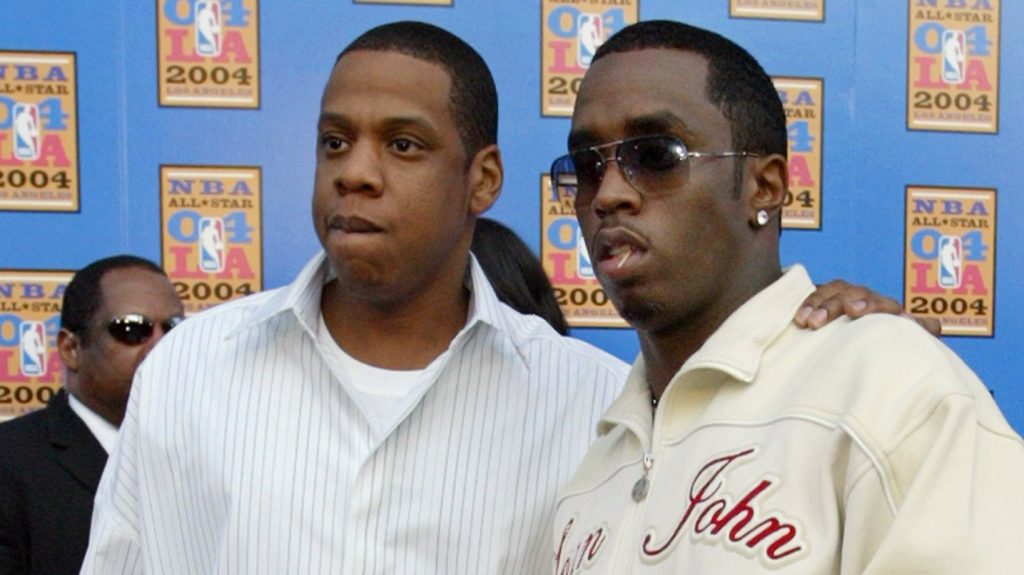
While the initial complaint was filed in October 2024 by Texas attorney Tony Buzbee, it garnered attention not only due to the powerful figures involved but also because the lawsuit underwent amendments that included Jay-Z later on. This evolution of the case underscores the precarious nature of accusations made in civil court, where the burden of proof differs significantly from that in criminal prosecutions.
Legal Maneuverings and Public Reactions
Legal matters involving celebrities often attract considerable media coverage, and this case was no exception. The swift response by both Jay-Z’s and Diddy’s legal teams was indicative of their commitment to defending their names vigorously. They described the allegations as baseless and part of a broader campaign of extortion and falsehoods.
The wider public reaction to the case laid bare the deep divides in perceptions of celebrity culture, victim advocacy, and the judicial system’s handling of such sensitive matters. While some rallied in support of the alleged victims, others were quick to defend the accused, reflecting ongoing debates about due process and the potential for wrongful accusations.
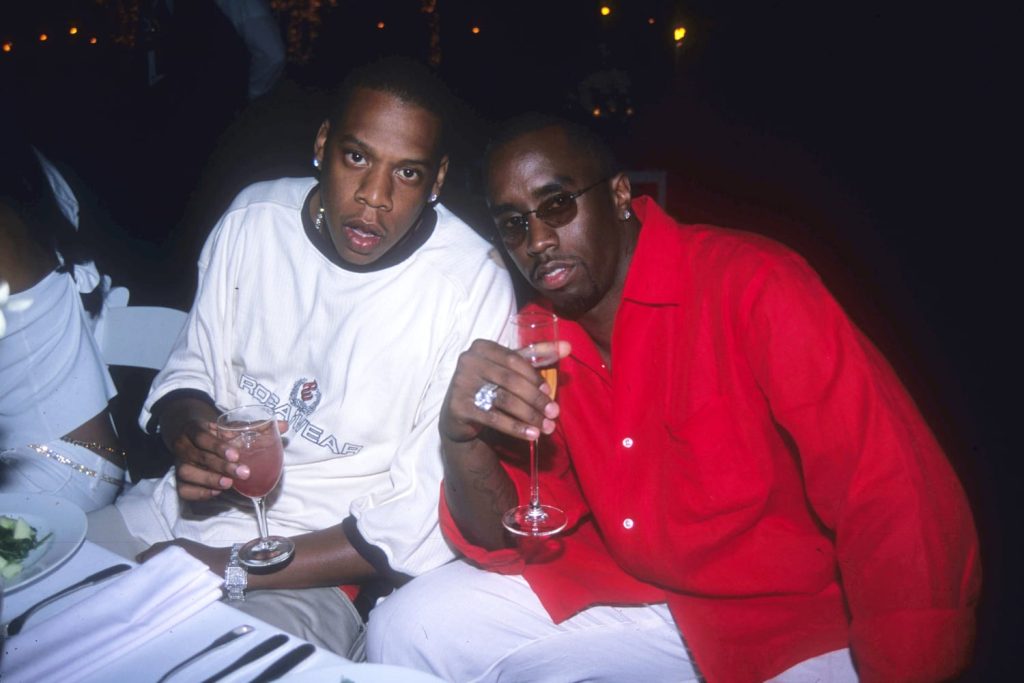
The Voluntary Dismissal and Its Significance
Ultimately, the plaintiff chose to dismiss the case “with prejudice,” which means she cannot file another case on the same claim in the future. This decision raises questions about the motivations behind her initial filing—was it a genuine pursuit of justice or a response to external pressures? The consent of the defendants’ counsel to the voluntary dismissal adds another layer of complexity, indicating that even they recognized the lack of merit in the claims.
Both Jay-Z and Diddy celebrated the dismissal as a vindication of their innocence, asserting that the case should never have been filed in the first place. For Jay-Z, the statement from his attorney highlighted a personal triumph over what they characterized as heinous allegations, emphasizing the importance of upholding one’s reputation against unfounded charges.
Analyzing the Broader Context of Sexual Assault Allegations
The case involving Jay-Z and Diddy exists within a larger narrative concerning allegations of sexual assault that have permeated various sectors of society, particularly in the wake of the
MeToo movement. This movement has catalyzed discussions about accountability and transparency in addressing sexual violence.
The Role of Anonymous Allegations in Legal Proceedings
One intriguing aspect of this case is the anonymity of the plaintiff. The choice to remain unnamed mirrors a trend seen in other high-profile cases where victims opt for confidentiality. While anonymity can offer protection and encourage victims to come forward, it also complicates the legal process. Defendants may argue that without knowing the identity of the accuser, they are unable to mount an effective defense.
This raises ethical dilemmas: how can the legal system balance the need for anonymity to protect vulnerable individuals while ensuring that the rights of the accused are preserved? Critics of anonymity argue that it can lead to potential abuses, as individuals may exploit the shield of secrecy to make unfounded allegations without accountability.
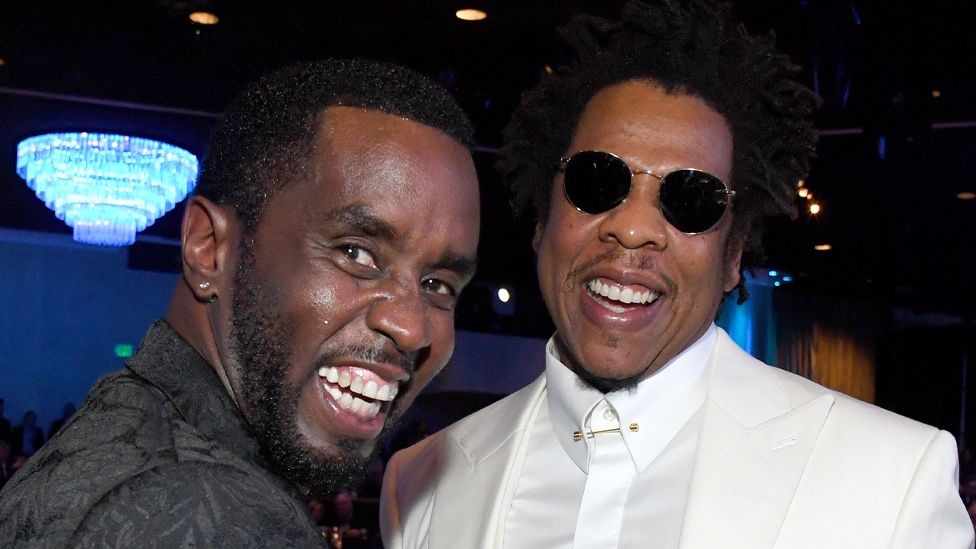
The Intersection of Fame, Power, and Justice
In many instances, the intersection of fame and power creates unique challenges when addressing claims of misconduct. Celebrities often occupy a dual role; they are viewed as idolized figures and, at the same time, scrutinized under public scrutiny. This dynamic can impact the outcomes of legal cases involving famous individuals, with public opinion often serving as a backdrop to judicial proceedings.
Within this context, the dismissal of the civil case accusing Jay-Z and Diddy of rape highlights the complexities of navigating allegations against influential figures. On one hand, there is the imperative to take allegations seriously and create spaces for victims to share their experiences. On the other hand, there is the necessity of due process, ensuring that accusations are substantiated before reputations are irrevocably damaged.
Media Representation and Its Consequences
Media narratives surrounding cases like this one play a significant role in shaping public perception. From sensational headlines to detailed analysis, the portrayal of events can influence how audiences understand the issues at stake. In this instance, the involvement of two iconic figures in hip-hop attracted widespread attention, further complicating the dialogue around the allegations.
Furthermore, the way media outlets report on such cases can either empower victims or perpetuate stereotypes and biases about both accusers and defendants. As seen in the responses from both parties, they are acutely aware of media implications, leading them to craft statements that assert their innocence and challenge the legitimacy of the claims.
Emotional and Psychological Ramifications for All Parties
Understanding the emotional and psychological impact of allegations of sexual violence—regardless of their validity—is crucial. Each individual involved in the case, from the plaintiff to the defendants, navigates a complex landscape of emotions shaped by public scrutiny, personal trauma, and societal expectations.
The Plaintiff’s Experience and Choices
For the woman who brought forth the allegations, the journey through the legal system must have been profoundly challenging. Initial bravery in voicing her claims likely met with both support and backlash, creating a tumultuous emotional experience. When a plaintiff voluntarily dismisses a case, it can indicate pressures beyond the courtroom—whether from public opinion, personal reflection, or other influences.
Acknowledging that her case had inconsistencies speaks to an internal struggle that often accompanies such allegations. It raises important questions about the nature of trauma and memory, particularly in cases involving minors. How does past trauma intersect with current realities, and how do individuals navigate the turbulent waters of public accusation?
The Accused and Their Response
For Jay-Z and Diddy, the dismissal of the case represented not merely a legal victory but a restoration of their public personas. Yet, the weight of facing such allegations can have lasting effects on anyone accused, regardless of the outcome. The mental toll of enduring public speculation and scrutiny often leaves individuals grappling with anxiety, stress, and feelings of vulnerability.
Both men expressed relief at being cleared of the charges, but they also articulated the emotional strain placed on their families. In light of the allegations, the psychological ramifications extend beyond just the individuals accused; spouses, children, and extended family members often face the fallout of public scrutiny.
Society’s Responsibility in Addressing Allegations
As we analyze the aftermath of the civil case accusing Jay-Z and Diddy of rape, it becomes evident that society bears a responsibility in addressing allegations of sexual violence comprehensively. Engaging in conversations about justice requires recognizing the broader cultural context in which allegations arise—understanding the societal dynamics that either support or undermine victims’ voices.
Advocating for reforms in how allegations are processed, fostering environments where victims feel safe to speak out, and balancing the rights of plaintiffs and defendants present a complex challenge. Ensuring that all parties involved are treated justly hinges on a nuanced understanding of the emotional and psychological ramifications of sexual violence and false accusations alike.
Conclusion
The civil case accusing Jay-Z and Diddy of rape serves as a microcosm of the larger societal issues surrounding allegations of sexual violence. Dismissed with prejudice, the case raises fundamental questions about accountability, justice, and the profound impacts such allegations have on the lives of those involved.
At its core, the case illustrates the delicate balance between believing victims and safeguarding the rights of the accused. It urges us to reflect on the nature of truth, the complexities of human experiences, and the societal structures needed to address these challenging topics. As the conversation continues, it remains vital that all voices—victims, defendants, and society—are heard and considered in the pursuit of fairness and justice.